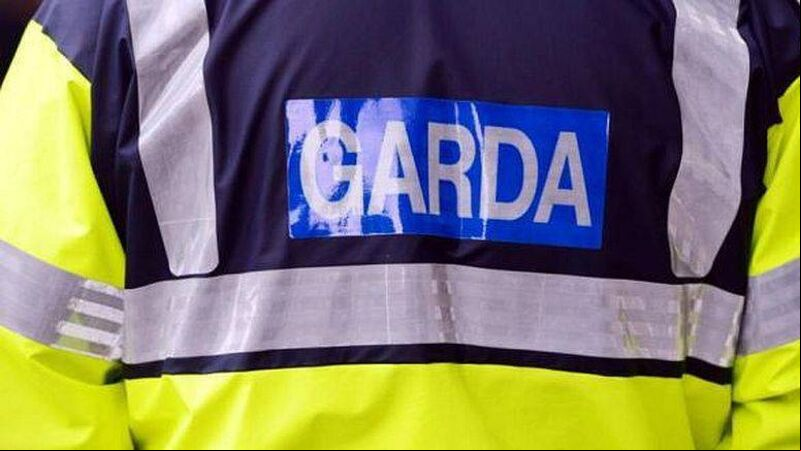New rostering deal 'secures work-life balance' for Cork gardaí

Rank-and-file gardaí have coted overwhelmingly in favour of the new rostering proposals
A CORK delegate of the Garda Representative Association (GRA) has welcomed news that rank-and-file gardaí have voted overwhelmingly in favour of a new rostering agreement.
Over the past three weeks, of the GRA have been voting on whether to accept the what is known as the Midlands Working Time Agreement 2024, and the result of their ballot shows that 79.3% have voted in favour.
Garda rostering has been at the centre of recent conflicts between the GRA, which represents some 11,000 rank and file gardaí, and garda management, with relations reaching their nadir when 99% of GRA last September voted no confidence in Garda Commissioner Drew Harris.
That motion of no confidence had been proposed by Pádraig Harrington, the Cork member of the GRA central executive committee (CEC).
Subsequently, Mr Harris became the first sitting garda commissioner not to be invited to the GRA annual conference, which was held in April in Westport, and Justice Minister Helen McEntee then declined an invitation to the conference as she believed it would be inappropriate for her to attend in the absence of the commissioner.
Garda dissatisfaction centred around the controversial reintroduction of the “Westmanstown” garda roster which was established in 2012, and which was used before the Covid-19 pandemic.
A roster of 12-hour shifts, with four units of gardaí working in a pattern of four days on/four days off was introduced during the pandemic and proved very popular with gardaí.
Returning to the old roster would have seen a resumption of five garda units working 10-hour shifts in a pattern of six days on/four days off, and would have necessitated the redeployment of staff to make up that fifth unit.
Under the new Midlands Working Time proposals, “core” policing function units, such as regular response gardaí, would remain on a four days on/four days off 12-hour shift rotation. They would have a reduced annual leave of 29.5 days but their earnings would be preserved.
Non-core units, such as detectives, roads policing units, and community policing, would work a 10-hour shift duration across a rostering platform of six days on/four days off, four days on/six days off, and six days on/four days off. Non-core teams will have 35 days annual leave.
Proposing at April’s GRA conference that it endorse the proposed roster, Mr Harrington said he believed it represented “a fantastic deal”.
“I just don’t know where we would go if this is rejected. I think we would serve the hip badly if we don’t endorse this proposal,” Mr Harington told the conference, to loud applause.
The proposal was then seconded by the outgoing GRA president, Brendan O’Connor, and it was unanimously ed.
Speaking to on Tuesday evening after the result of the ballot was announced, Mr Harrington said he was delighted.
“This vote ensures roster predictability and working conditions, and work-life balance for in Cork city has now been secured into the future,” he said.
Ronan Slevin, GRA general secretary, thanked the association’s negotiating team and everyone who had taken the time to vote.
“This proposal largely mirrors the roster proposal put forward by the GRA and it had been endorsed by both our central executive committee and the delegates at our annual conference last month.
“This proposal followed almost four years of intense negotiations, and we believe that this agreement will now provide more predictability for ’ work-life balance while ensuring that the working conditions and protections of all are enhanced and secured into the future,” Mr Slevin said.







 App?
App?


